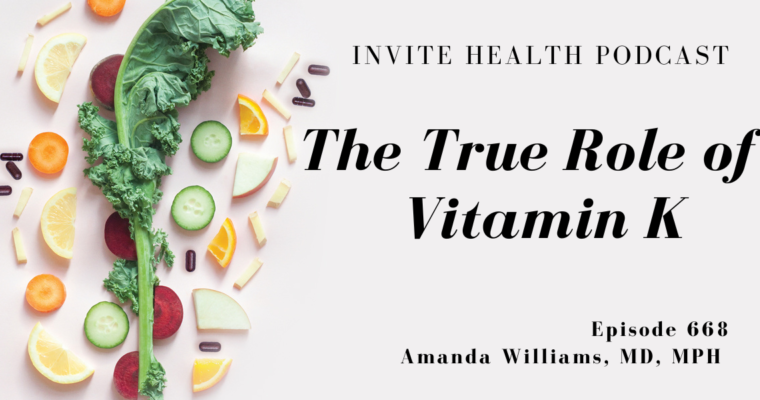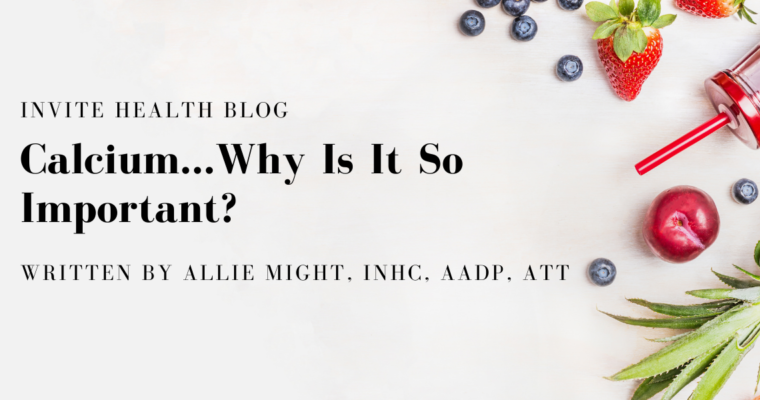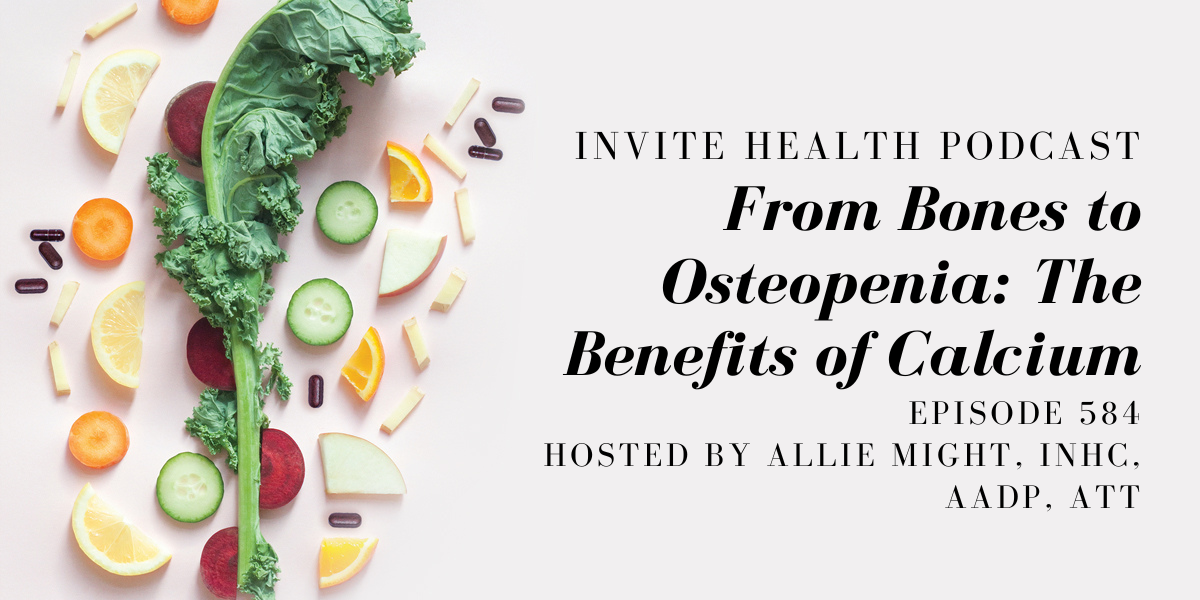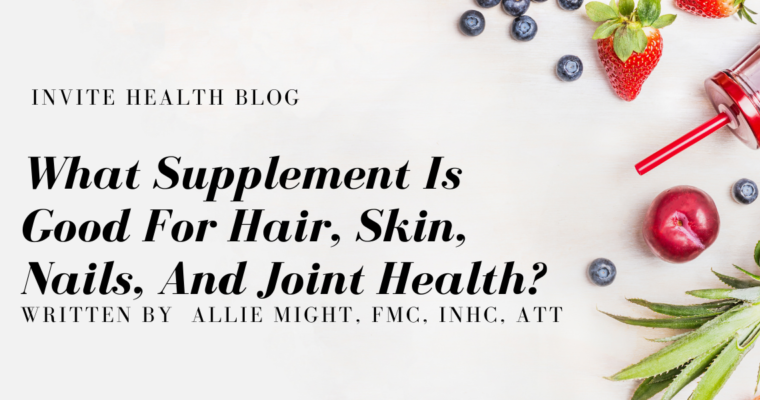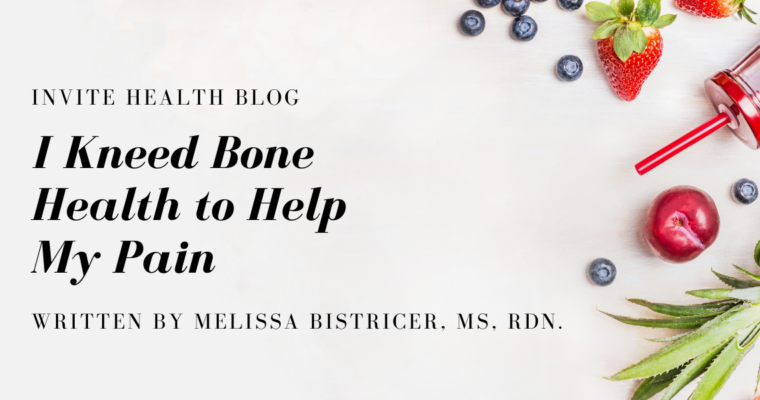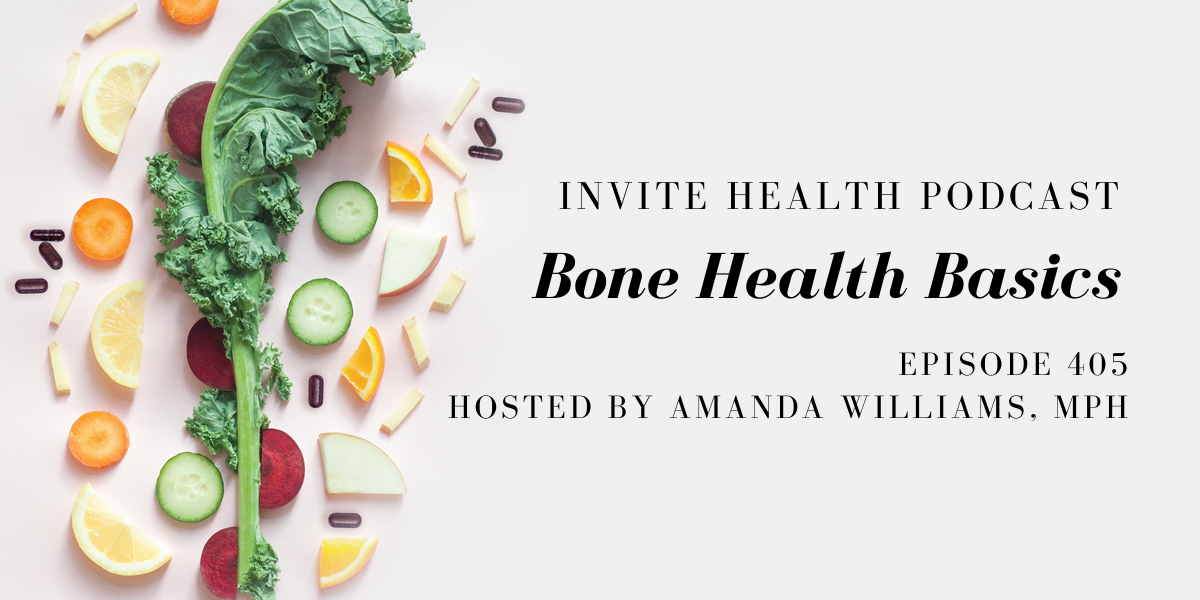osteopenia osteopenia osteopenia
Subscribe Today!
Please see below for a complete transcript of this episode.
From Bones to Osteopenia: The Benefits of Calcium- InViteⓇ Health Podcast, Episode 584
Hosted by Allie Might, INHC, AADP, ATT

*Intro music*
InViteⓇ Health Podcast Intro: Welcome to the InViteⓇ Health Podcast, where our degreed healthcare professionals are excited to offer you the most important health and wellness information you need to make informed choices about your health. You can learn more about the products discussed in each of these episodes and all that InViteⓇ Health has to offer at www.invitehealth.com/podcast. First time customers can use promo code PODCAST at checkout for an additional 15% off your first purchase. Let’s get started!†
*Intro music*
Allie Might, INHC, AADP, ATT: [00:00:41] Welcome to the InViteⓇ Health podcast, where today we’ll discuss the ins and outs of calcium. This is Allie Might, Integrative nutrition health coach and functional medicine coach. Here to go over the benefits of calcium. The discussion regarding calcium seems to be one of the most common nutrients talked about and studied. It’s even widely recommended by both the conventional and natural medical communities. Calcium can be beneficial for a variety of reasons, depending on where we are in our life at any given time. I get asked on a weekly basis so many questions about calcium. How much calcium do I need to I really need to take calcium. Do I need more? If I have osteopenia or osteoporosis, I have a fractured bone, do I need calcium to help heal? What’s the best way to get my calcium? Is calcium enough or do I need other nutrients? The questions can be endless and also important to understand. Let’s break this down question by question.† [00:01:45]
THE SURPRISING BENEFITS OF CALCIUM – INVITE HEALTH PODCAST, EPISODE 365 >> Listen Now!
[00:01:48] How much calcium do I need? Well according to the recommendations set by the U.S. Food and Drug Administration or FDA, one should get 1300 milligrams of calcium per day. While the food we eat does contain some calcium, I like to encourage someone to typically supplement with a thousand milligrams of calcium. This should have you on target for the FDA’s recommendation.† [00:02:12]
[00:02:15] Do I really need to take calcium? Yes, of course you do. As kids, we were always told to drink milk, one of the sources of calcium, so we can grow to have strong bones. As adults, we want to maintain those strong bones. Strong bones can be less likely to develop signs of deteriorating density, less likely to be injured, and may even have an easier time healing from a potential injury.† [00:02:43]
[00:02:45] Do I need more if I have osteopenia or osteoporosis? Well, the short answer is no. However, consistency is key. Anyone that has been told that they may be at increased risk and or have been diagnosed with bone density test ordered by their doctor, should be diligent about getting the daily calcium they need and every single day. In an instance like this, a variety of other vitamins and minerals may be recommended, as well as a possible recommendation of a prescription from the doctor.† [00:03:19]
[00:03:22] I have a fractured bone, do I need calcium to help heal? Yes. And I’m going to tell you a personal story here. Back in 2016, I broke the humerus bone in my arm. This is the bone between the elbow and the shoulder. It was in a cast and sling for about two months. However, it was anticipated originally that it may take up to three months. During this time, I took the opportunity to read a lot about bone healing and all the research that has been done on the subject. I used a calcium formula like bone food powder along with powdered collagen, like Collagen Hx. I also started reading about the benefits of zinc and vitamin C for healing. So I added these to my daily supplements. I also noticed that I started having intense cravings for fish, which I typically don’t eat. I was curious as to why this craving was happening, so I started doing some research and found a variety of studies showing that fish oil may have on supporting calcium absorption as well as the anti-inflammatory benefits. While all injuries and fractures can be different, this is my personal experience and how I help to manage my at home recovery, including follow up doctor visits and suggested exercises.† [00:04:44]
I KNEED BONE HEALTH TO HELP MY PAIN >> Read Now!
[00:04:47] So what’s the best way to get my calcium? Well, in addition to calcium rich foods, let’s go over the calcium supplements we offer here at InVite Health. Let’s begin with our basic formula. Calcium, magnesium, citrate. This is a simple formula containing of 250 milligrams of calcium and 125 milligrams of magnesium per tablet. I typically recommend taking two tablets twice a day with meals. Be advised that these are very large tablets but can be cut or crushed. Next, we have the Calplex Hx, which is one of our classic formulas. The calcium in this formula is partnered with some vitamin D, phosphorus and boron, which are also helpful for bone health. Just like the calcium magnesium, I also typically recommend two tablets twice a day with meals. While these tablets are a bit smaller than the calcium magnesium, you may still want to add a magnesium supplement with the Calplex Hx. Lastly, as my favorite calcium supplement the bone powder. This is a complex formula consisting of calcium and magnesium, along with vitamins D and K and minerals such as boron and silica. I’m a big fan of powders, so this is easy to take and easily absorbed. This is my go to suggestion any time I talk about bone health. Try adding just one scoop a day to water or plain yogurt. Is calcium enough or do I need other nutrients? While calcium is such a building block for the bones, quite often complementary supplements may be helpful. The most common are magnesium and vitamin D. Usually magnesium is given in a 2 to 1 ratio with calcium. For example, when taking 500 milligrams of calcium, then 250 milligrams of magnesium would be complementary. Vitamin D is also recommended according to the level of routine blood work from your doctor. Collagen can also assist in bone building as it creates bone matrix. Strontium is sometimes recommended as a mineral to be taken on an empty stomach away from other supplements to support bone health and those with osteopenia or osteoporosis.† [00:07:13]
[00:07:15] I hope this has helped you understand the importance of calcium. For more information on all the benefits of calcium and information on bone health, check out my companion blog on our website, invitehealth.com. You can also contact me, Allie Might at our location on Second Avenue and 71st Street in Manhattan, by phone at 212-249-2036 or by email. At [email protected]. I want to thank you for tuning into the InViteⓇ Health podcast. Remember, you can find all of our episodes for free wherever you listen to podcasts or by visiting, invitehealth.com/podcast. Please make sure you subscribe and leave us a review. You can also follow us on Facebook, Twitter and Instagram at InVite Health. And we will see you next time for another episode of the InViteⓇ Health podcast. Until then, stay healthy.† [00:07:15]


